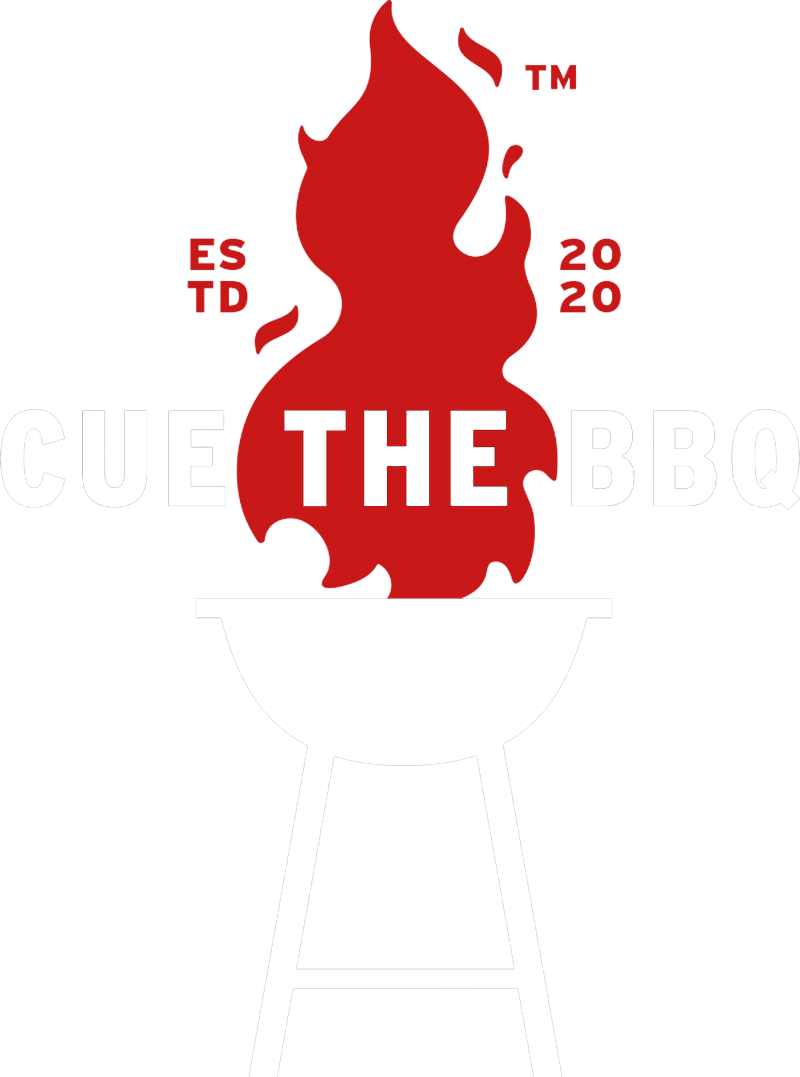We Burn differently
Retort kilns represent a unique and more efficient approach to producing charcoal.
When compared to traditional kilns. These specialised devices are designed to maximise the conversion of wood into charcoal while minimising waste and environmental impact. The fundamental difference lies in their closed and controlled burning process, which distinguishes them from traditional kilns.
Closed System
of wood. This design prevents the escape of harmful gases and volatile organic compounds into the environment, as opposed to open, traditional kilns where much of these emissions are released into the environment.
Improved Energy Efficiency
Retort kilns are more energy-efficient compared to traditional kilns. Their sealed design traps and recycles heat, which significantly reduces the amount of energy required to convert wood into charcoal. This efficiency makes them an environmentally friendly option and helps reduce overall energy consumption in the charcoal production process.
Reduced Emissions
The closed nature of retort kilns prevents the release of harmful emissions, such as methane, carbon monoxide, and volatile organic compounds, into the atmosphere. Traditional kilns, especially open-pit methods, release a significant amount of these pollutants, contributing to air pollution and climate change
Higher Charcoal Quality
Retort kilns produce higher quality charcoal compared to traditional methods. The controlled environment ensures a more uniform and complete carbonisation
process, resulting in charcoal with a higher carbon content, less ash, and improved combustion properties. This high quality charcoal is often preferred for a variety of industrial and domestic applications.
Precise Control
Operators have more control over the retort kiln process, allowing them to adjust factors like temperature, air flow, and other variables. This precision leads to
better predictability and consistency in the charcoal production process, which is challenging to achieve with traditional kilns
